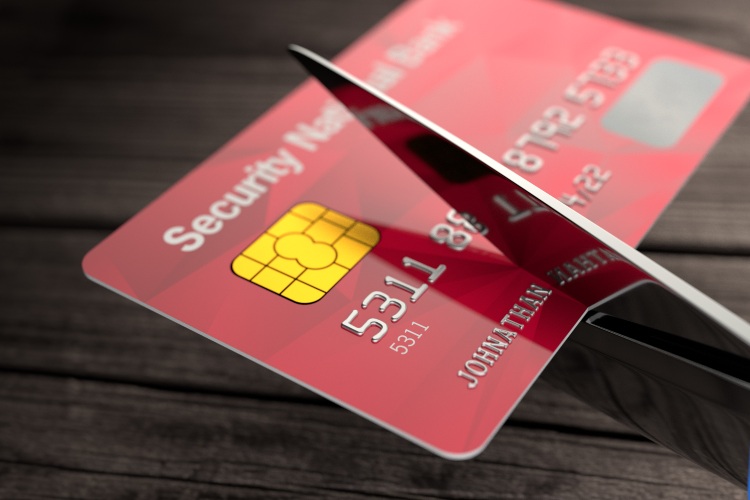The Toughest Money Issues People Encounter And What To Do About Them
Money issues can keep you up at night and stress you out all day. And leave you feeling finance frazzled. A recent survey by the National Endowment for Financial Education found that nine in 10 Americans feel the COVID-19 crisis has caused, or continues to cause, stress on their personal and household finances.For some individuals, worries center on not being able to save any money; for others, there are overwhelming concerns about being able to manage and pay essential bills. According to John Hancock Financial, almost a quarter of Americans have had to dip into their emergency savings to make ends meet during the pandemic.
The following main sources of financial stress may have become commonplace, but they aren’t without solutions. Here are some suggestions for easing your financial worries that you can put into action and help make you feel more in control.

Falling Behind On Credit Card Debt
Job losses, work furloughs, and the like have put a dent in paychecks, resulting in more reliance on credit cards for paying bills and buying essentials such as food. As a result, managing credit card debt has become a significant stressor in many people’s daily lives.
AmOne, a free website, can help you reduce or eliminate your credit card debt, quickly and easily. They’ll match you with a low-interest loan to pay off all of your credit cards in one fell swoop. On average, interest rates start at 3.99%, which is significantly lower than the 20% you’re probably paying your credit card company. In the long run, you could end up saving thousands on interest and fees, and you’ll be on your way to be becoming debt free faster.

Ensuring Your Family Is Financially Secure
The past couple of years brought issues of life and death more to the forefront, leaving many people to wonder that if something should happen to them, would their loved ones be financially secure. Americans purchased about 10% more life insurance policies in 2020 as compared to 2019, the biggest increase in nearly two decades.
Getting a life insurance quote has become easier than ever, and may not even require a visit to a doctor’s office for a health screening. Companies like Bestow use algorithms instead of in-person medical exams to evaluate insurance applicants. Rates can start at just $16 per month, and you might be able to select a policy that could leave your family up to $1 million.

Inability To Make Financial Investments
When finances are tight and income unpredictable, investing is one of the first things to be put aside. During difficult financial times, thoughts of building up generational wealth to be left behind to loved ones often becomes secondary, overshadowed by day-to-day financial considerations that take priority.
But even if you have very little disposable income to spare, you can still start investing. The Robinhood app allows investors – both beginners and pros – to invest without having to pay commission fees. You can also buy and sell stocks for free without limits. Simply download the app and fund your account, then Robinhood will drop a share of random free stock into your account, which could be worth anywhere from $2.50 to $200.

Uncertain Future
Questions abound about the future: Will you lose your job? Will you be able to maintain good health? Will your expenses exceed your income if you don’t get a raise? Having an emergency fund can help ease some of your financial worries.
A useful rule of thumb is to save and have on hand three to six months’ worth of salary that you can use if you find yourself dealing with a financial crisis. To help you reach your savings goal, consider the Aspiration Spend account, which lets you earn 5% cash back on your debit card purchases. In addition, you can take advantage of the Aspiration Save account, which allows you to earn up to 20 times the average interest on your savings balance, as compared to .05% on most standard accounts.
